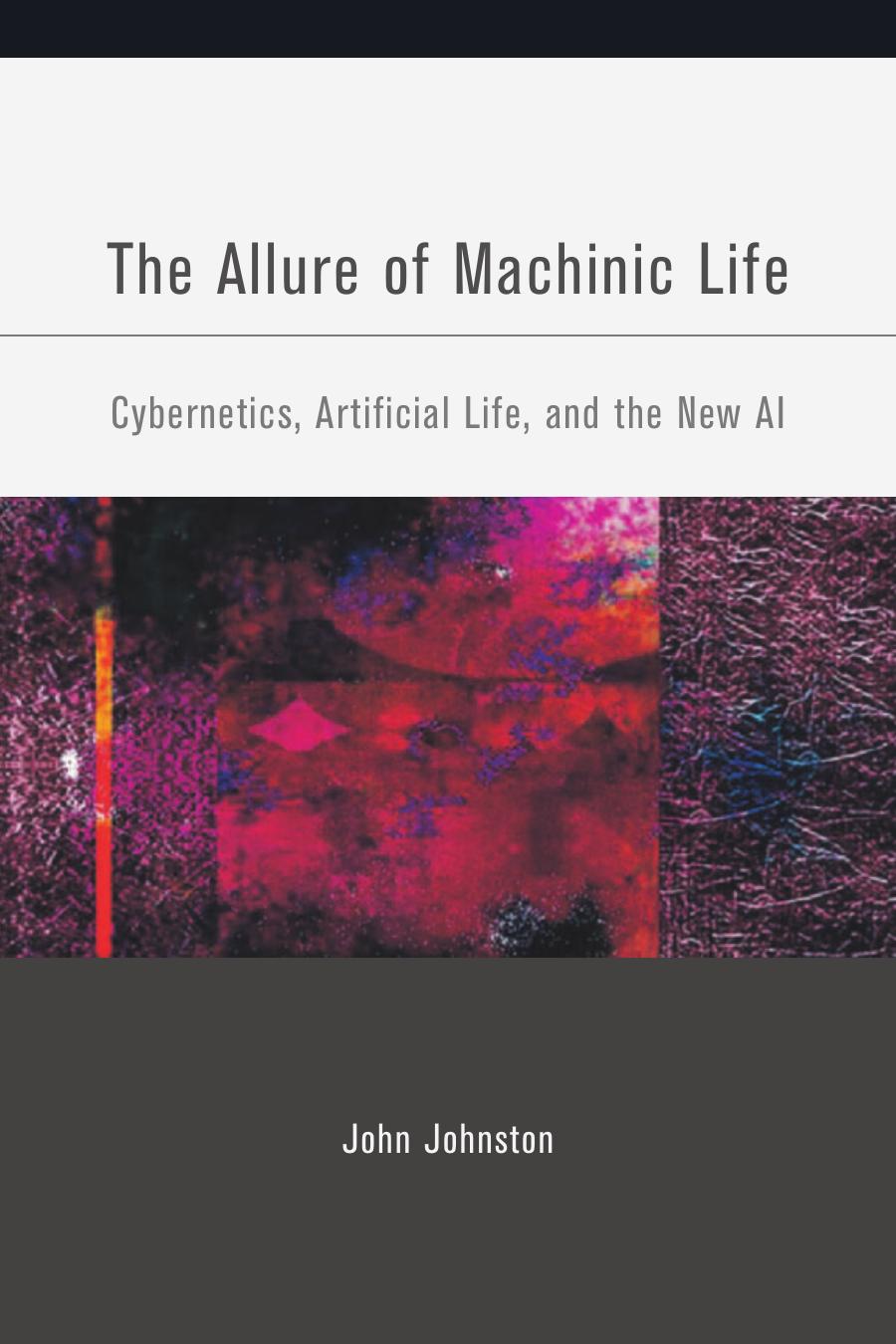

Most ebook files are in PDF format, so you can easily read them using various software such as Foxit Reader or directly on the Google Chrome browser.
Some ebook files are released by publishers in other formats such as .awz, .mobi, .epub, .fb2, etc. You may need to install specific software to read these formats on mobile/PC, such as Calibre.
Please read the tutorial at this link: https://ebookbell.com/faq
We offer FREE conversion to the popular formats you request; however, this may take some time. Therefore, right after payment, please email us, and we will try to provide the service as quickly as possible.
For some exceptional file formats or broken links (if any), please refrain from opening any disputes. Instead, email us first, and we will try to assist within a maximum of 6 hours.
EbookBell Team

4.4
52 reviewsAn account of the creation of new forms of life and intelligence in cybernetics, artificial life, and artificial intelligence that analyzes both the similarities and the differences among these sciences in actualizing life.
In The Allure of Machinic Life, John Johnston examines new forms of nascent life that emerge through technical interactions within human-constructed environments—“machinic life”—in the sciences of cybernetics, artificial life, and artificial intelligence. With the development of such research initiatives as the evolution of digital organisms, computer immune systems, artificial protocells, evolutionary robotics, and swarm systems, Johnston argues, machinic life has achieved a complexity and autonomy worthy of study in its own right. Drawing on the publications of scientists as well as a range of work in contemporary philosophy and cultural theory, but always with the primary focus on the “objects at hand”—the machines, programs, and processes that constitute machinic life—Johnston shows how they come about, how they operate, and how they are already changing. This understanding is a necessary first step, he further argues, that must precede speculation about the meaning and cultural implications of these new forms of life.
Developing the concept of the “computational assemblage” (a machine and its associated discourse) as a framework to identify both resemblances and differences in form and function, Johnston offers a conceptual history of each of the three sciences. He considers the new theory of machines proposed by cybernetics from several perspectives, including Lacanian psychoanalysis and “machinic philosophy.” He examines the history of the new science of artificial life and its relation to theories of evolution, emergence, and complex adaptive systems (as illustrated by a series of experiments carried out on various software platforms). He describes the history of artificial intelligence as a series of unfolding conceptual conflicts—decodings and recodings—leading to a “new AI” that is strongly influenced by artificial life. Finally, in examining the role played by neuroscience in several contemporary research initiatives, he shows how further success in the building of intelligent machines will most likely result from progress in our understanding of how the human brain actually works.
**
ReviewAs a young researcher in the area of artificial intelligence (AI), I have enjoyed reading this book to better understand the roadmap of 'machinic life' and AI.
―I-Hsien Ting, Emerald Insight
John Johnston is to be applauded for his engaging and eminently readable assessment of the new, interdisciplinary sciences aimed at designing and building complex, life-like, intelligent machines. Cybernetics, information theory, chaos theory, artificial life, autopoiesis, connectionism, embodied autonomous agents―it's all here!
―Mark Bedau, Professor of Philosophy and Humanities, Reed College, and Editor-in-Chief, Artificial Life